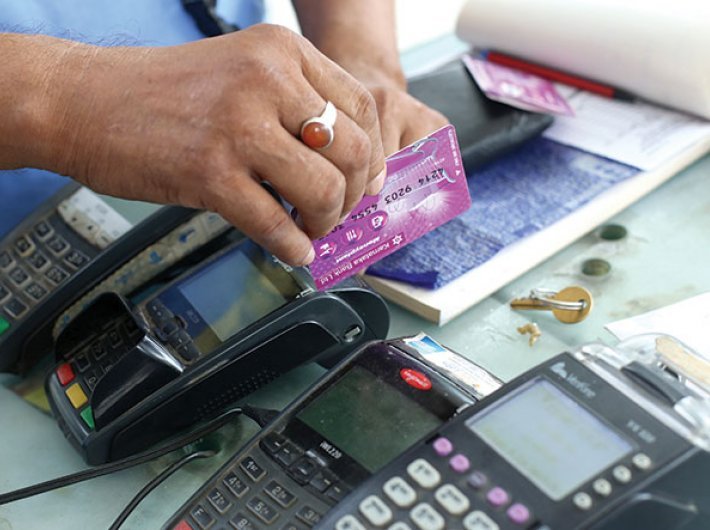The cases of cyber fraud are rising again in India, after a dip in the first year of the pandemic, official figures show.
In 2021-22, there were 13,951 cases of fraud, involving an amount of Rs 76.49 crore with extent of loss placed at Rs 25.77 crore, according to the Department of Supervision of RBI. While these three figures were only 9,675, Rs 57.06 crore and Rs 22.88 crore, respectively, in 2020-21, in the year before there were 39,134 cases of fraud, involving an amount of Rs 85.26 crore with extent of loss placed at Rs 31.27 crore.
Tamil Nadu (4,866) has the highest number of cases in 2021-22, followed by Maharashtra (2,443) and Delhi (1,402).
With enhanced use of cyber space and increase in the pace of digitalization, number of cyber crimes is also increasing. As per reports from Scheduled Commercial Banks phishing related frauds are collated under the category of ‘Phishing/ Vishing/ Skimming’ by the Reserve Bank of India and State/UT-wise detail of fraud incidents, amount involved and extent of loss, reported in the category ‘Phishing/ Vishing/ Skimming’ during the period from 2019-20 to 2021-22 is given here:
https://pib.gov.in/PressReleasePage.aspx?PRID=1845004
The information was part of a written reply from minister of state for home affairs Ajay Kumar Mishra in the Lok Sabha Tuesday.
‘Police’ and ‘Public Order’ are State subjects as per the Seventh Schedule of the Constitution. States/UTs are primarily responsible for the prevention, detection, investigation and prosecution of crimes including cyber crimes, the reply noted.
To strengthen the mechanism to deal with cyber crime, in a comprehensive and coordinated manner, the central government has taken several steps like spreading awareness about cyber crimes, issuance of alerts/advisories, capacity building/training of law enforcement personnel/ prosecutors/ judicial officers, improving cyber forensic facilities, etc. The Government has established the ‘Indian Cyber Crime Coordination Centre’ (I4C) to provide a framework and eco-system for LEAs to deal with cyber crimes in a comprehensive and coordinated manner. Seven ‘Joint Cyber Coordination Teams’ have also been constituted under the I4C to address the issue of jurisdictional complexity, based upon cyber crime hotspots/ areas, by on-boarding all the States/UTs to provide a robust coordination framework to the LEAs.
The government has launched the ‘National Cyber Crime Reporting Portal’ (www.cybercrime.gov.in) to enable the public to report all types of cyber crimes, with special focus on cyber crimes against women and children. Cyber crime incidents reported on this portal are routed automatically to the respective State/UT law enforcement agency for further handling as per the provisions of law. The ‘Citizen Financial Cyber Fraud Reporting and Management System’ module has been launched for immediate reporting of financial frauds and to stop siphoning off fund by the fraudsters. A toll-free Helpline number ‘1930’ has been operationalised to get assistance in lodging online cyber complaints.
The RBI reviews the cyber security developments and threats on regular basis and takes necessary measures to strengthen the cyber resilience of banks, which inter-alia, include issuance of advisories/ alerts/ circulars/ guidelines/ sharing of best practices, etc. The RBI also conducts cyber security preparedness testing among the banks, with the help of Indian Computer Emergency Response Team (CERT-In).
